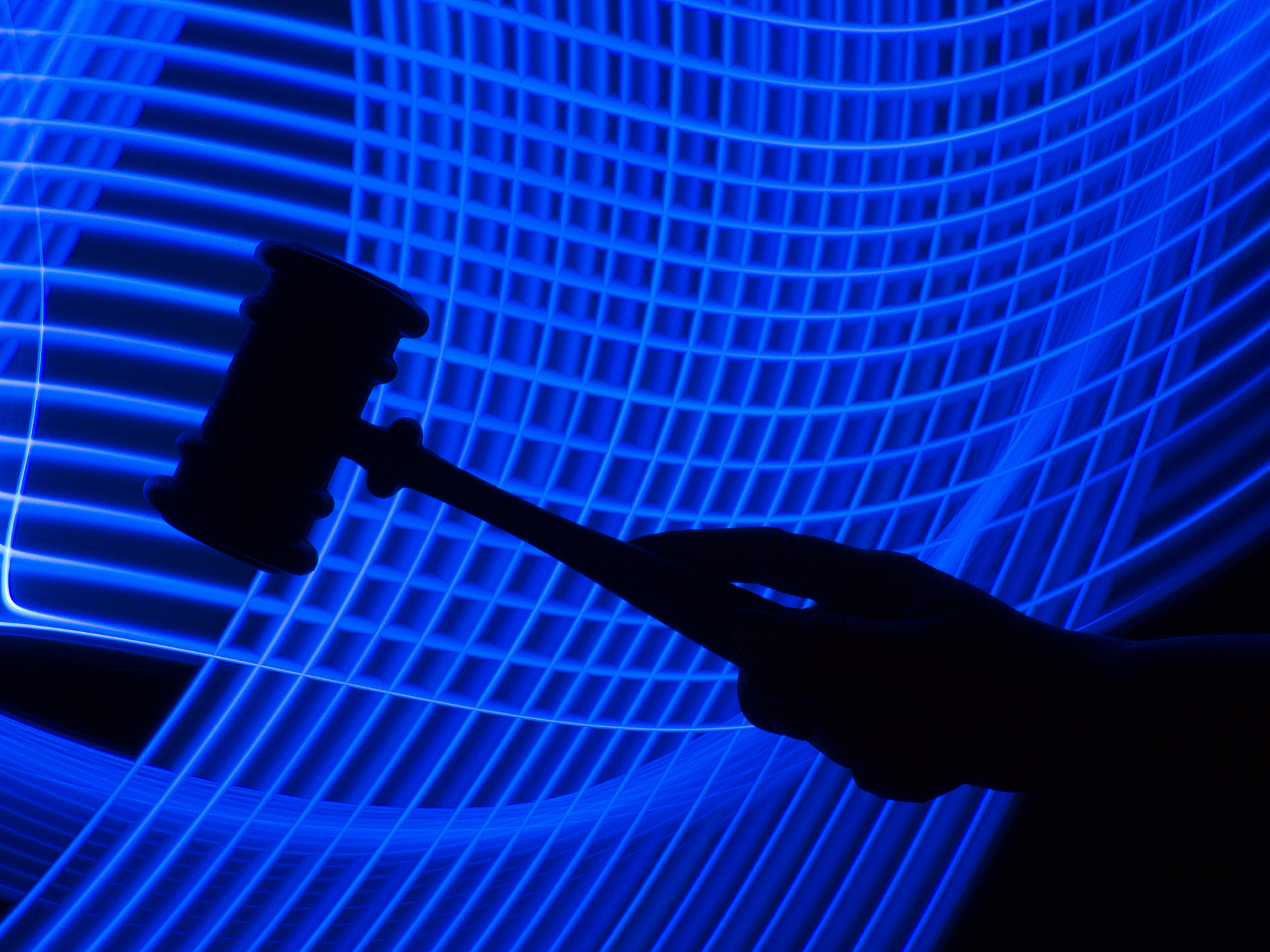New York seeks to ban bitcoin mining over power consumption
Proposed bill places a three-year moratorium on power-hungry crypto mining operations


New York lawmakers have submitted a bill banning cryptocurrency mining operations for three years.
Introduced on Monday, bill S6486 seeks to put a moratorium on the operation of cryptocurrency mining centers unless they undergo a full environmental impact statement review. The review would have to prove that a mining center doesn't affect the state’s greenhouse gas emission targets.
"Cryptocurrency mining centers are an expanding industry in the State of New York, often, but not exclusively, located in retired or converted fossil fuel power stations, including dormant power plants," the bill said.
Government and industry look to cryptocurrency regulation to slow ransomware Microsoft and Intel join forces to defend against cryptojacking NatWest board member suggests bank will reject business customers who mainly deal in cryptocurrencies Visa will allow customers to settle payments using cryptocurrency
As part of its Climate Leadership and Community Protection Act, the state has called for a 40% reduction in greenhouse gas emissions over 1990 levels by 2030. That rises to 85% and net-zero emissions in all sectors of its economy by 2050.
The cryptocurrency mining bill added, "The continued and expanded operation of cryptocurrency mining centers will greatly increase the amount of energy usage in the State of New York, and it is reasonable to believe the associated greenhouse gas emissions will irreparably harm compliance with the Climate Leadership and Community Protection Act in contravention of state law."
The bill applies to existing and proposed mining operations. In addition to a cumulative impact assessment on greenhouse gas emissions, it would also include a review of any impacts on water or air quality, or wildlife. Reviews would include a 120-day public comment period.
Bitcoin has had a considerable impact on energy consumption. Its consensus algorithm relies on a process called proof of work, in which miners compete for the chance to include transactions in a block on the chain. To do so, they compete to solve a complex mathematical problem. The bitcoin protocol seeks to regulate the production of blocks to one every 10 minutes. To do that, it must make the mathematical problem more difficult as more miners join the network, adding more computing power.
Get the ITPro daily newsletter
Sign up today and you will receive a free copy of our Future Focus 2025 report - the leading guidance on AI, cybersecurity and other IT challenges as per 700+ senior executives
Proof of work forces the total computational power on the network upward as bitcoin becomes more popular. The cryptocurrency has seen its price soar recently, forcing the hash rate up.
RELATED RESOURCE

IT Pro 20/20: Understanding our complicated relationship with AI
The 16th issue of IT Pro 20/20 looks at the very human problems associated with artificial intelligence
According to the Bitcoin Energy Consumption Index, it takes 1138 kWh of energy to process a single bitcoin transaction at the time of writing, which equates to the energy required to run a single US household for 39 days. The bitcoin network uses roughly the same amount of energy as the Netherlands each year.
While the core bitcoin developers seem committed to proof of work, competing network Ethereum, which offers additional functionality, is preparing to transition to an alternative proof-of-stake mechanism. This approach replaces miners with validators chosen to mine each block, dramatically reducing energy use compared to proof of work.
Danny Bradbury has been a print journalist specialising in technology since 1989 and a freelance writer since 1994. He has written for national publications on both sides of the Atlantic and has won awards for his investigative cybersecurity journalism work and his arts and culture writing.
Danny writes about many different technology issues for audiences ranging from consumers through to software developers and CIOs. He also ghostwrites articles for many C-suite business executives in the technology sector and has worked as a presenter for multiple webinars and podcasts.
-
 Bigger salaries, more burnout: Is the CISO role in crisis?
Bigger salaries, more burnout: Is the CISO role in crisis?In-depth CISOs are more stressed than ever before – but why is this and what can be done?
By Kate O'Flaherty Published
-
 Cheap cyber crime kits can be bought on the dark web for less than $25
Cheap cyber crime kits can be bought on the dark web for less than $25News Research from NordVPN shows phishing kits are now widely available on the dark web and via messaging apps like Telegram, and are often selling for less than $25.
By Emma Woollacott Published
-
 ‘Europe could do it, but it's chosen not to do it’: Eric Schmidt thinks EU regulation will stifle AI innovation – but Britain has a huge opportunity
‘Europe could do it, but it's chosen not to do it’: Eric Schmidt thinks EU regulation will stifle AI innovation – but Britain has a huge opportunityNews Former Google CEO Eric Schmidt believes EU AI regulation is hampering innovation in the region and placing enterprises at a disadvantage.
By Ross Kelly Published
-
 A big enforcement deadline for the EU AI Act just passed – here's what you need to know
A big enforcement deadline for the EU AI Act just passed – here's what you need to knowNews The first set of compliance deadlines for the EU AI Act passed on the 2nd of February, and enterprises are urged to ramp up preparations for future deadlines.
By George Fitzmaurice Last updated
-
 UK financial services firms are scrambling to comply with DORA regulations
UK financial services firms are scrambling to comply with DORA regulationsNews Lack of prioritization and tight implementation schedules mean many aren’t compliant
By Emma Woollacott Published
-
 Bletchley Declaration draws cautious approval
Bletchley Declaration draws cautious approvalNews AI safety agreement garners international support, but some believe it needs more specificity
By Emma Woollacott Published
-
 Is the UK falling behind the EU on AI regulation?
Is the UK falling behind the EU on AI regulation?News The UK could be playing catch-up with its innovation-led approach
By Rory Bathgate Published
-
 Big tech firms face 10% turnover fines under new competition law
Big tech firms face 10% turnover fines under new competition lawNews The Digital Markets Unit will finally receive statutory power to pursue the largest firms
By Rory Bathgate Published
-
 Former TSB CIO fined £81,000 for botched IT migration
Former TSB CIO fined £81,000 for botched IT migrationNews It’s the first penalty imposed on an individual involved in the infamous migration project
By Ross Kelly Published
-
 A guide to ESG reporting frameworks
A guide to ESG reporting frameworksWhitepaper Guidelines to assist with your approach to ESG reporting
By ITPro Published